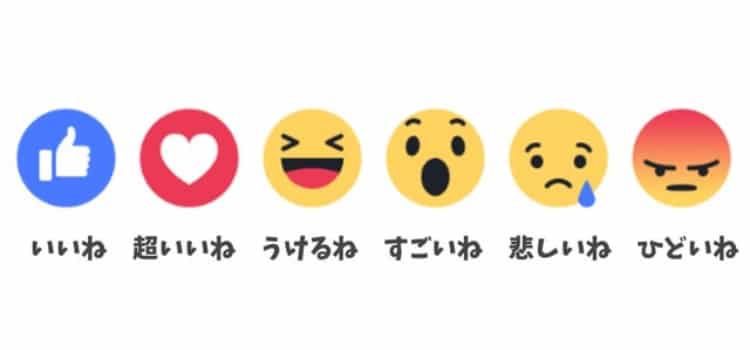If you study Japanese, you must have been curious about the expression NE (ね), which is often used in the same way as our né in Portuguese. The ending NE is commonly used to give emphasis, agreement, request for confirmation, etc. Just like in Portuguese, the Japanese né is equivalent to "isn't it?" or "right?".
Could it be related to the word in the Portuguese language? For what other purposes is NE (ね) commonly used? In this article, we will try to understand the true origin and meaning of the expression NE (ね). The explanation of this word may seem simple, but in reality it is more complex than it seems.
Naturally, the NE (ね) is a particle that is often used at the end of sentences in the following forms: だよね / ですね / だね. It can be used as both a confirmation or a question (already answered) without the use of the particle KA (か). This ending in Japanese sentences is so common that it's hard to explain its usage. Sometimes this expression even wants to indicate "hey; let's go".
Table of Content
The origin of NE in the Japanese language
Japan received a lot of influence from Portugal in its history. This makes one think that the NE (ね) was one of the words that the Japanese learned from the Portuguese. The problem is that there are records of the particle NE (ね) being used since the Heian Period (794-1185), long before the Portuguese immigrated to Japan.
Others believe that the Japanese influenced Brazilians to use the expression "né", as it is not common in Portugal. But this expression was also used before the Japanese immigrated to Brazil. This all seems to be a complete coincidence. In Portuguese it is easy to understand the expression "né" which comes from "is not". And in Japanese?
Before the existence of hiragana, the word ね was written with the kanji (祢) which currently means sanctuary and ancestor. This kanji is also pronounced NAI (ない) which you find at the end of sentences and verbs as a no or negative. Some claim that the expression NE arose exactly from the expression NAI. It makes perfect sense DOESN'T IT?

Currently ね has a much deeper meaning of direct and indirect usage. The use of the word can be related to an emotional involvement and sometimes even used indirectly. The NE (ね) is so useful that it can be used to get attention, ask for confirmation, make a correction, criticize, show intimacy, and even teach children.
The NE (ね) in the middle of sentences in Japanese
If it was just an ending the article would have ended here. The big problem is that NE (ね) is often used in the middle of sentences giving other inexplicable meanings. See the sentence below:
- あのねぇ、今日はね、ひろとゆかは付き合い始めた。可愛いねぇ?
- Anonee, kyou wa ne, Hiro to Yuka wa tsukiai hajimeta. Kawaii huh?
- Hey, today, Hiro and Yuka started dating. It is not fluffy?
It's kind of complicated to explain why to use Nee (ねぇ) elongated in the middle of these sentences. It's as if it were something natural and automatic; Japanese people know when to use it but can't explain the reason. It's not like a "right?", it's more like an expression to emphasize the subject and grab the listener's attention.
It's common to find the NE (ね) elongated (ねぇ) at any moment in the sentence. Separately, Japanese people often say ねぇ ねぇ to get someone's attention, like "look at this" or "hey." Some use netteba (ねぇってば) where teba means annoyance, irritation, and emotional closeness.
The NE is often used along with YO after desu, forming the expression desuyone (ですよね) where yo shows the speaker's strong conviction in their opinion, and ne expects the other person to agree with them. It is worth noting that iine (いいね) is a quite common term found on social media instead of the famous like (curtir).
Examples of using NE (ね) in Japanese
To end the article, we will leave some example sentences for you to delve into the subject. Hope you enjoyed the article, we appreciate the comments and shares. We will also leave some interesting articles for you to read below:
- What does Baka mean in Japanese?
- What does Doumo (どうも) really mean?
- What does kimochi really mean in Japanese
|
|
|
|
|
|


